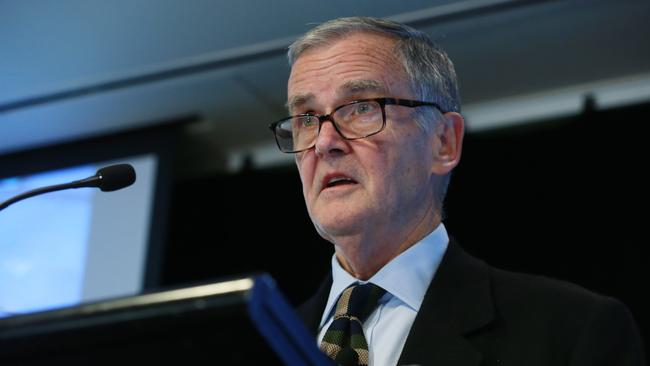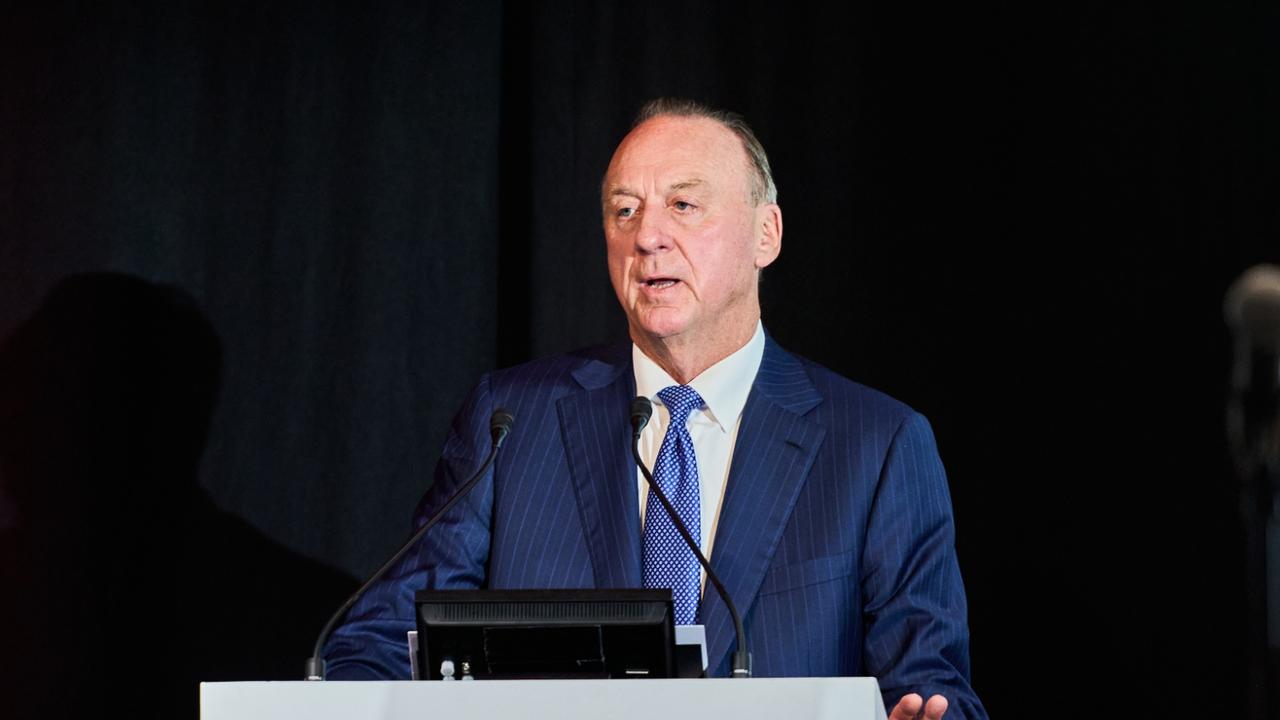Business world mourns death of finance stalwart
One of the most influential figures in Australian corporate and finance history, Rob Ferguson, has died after a long illness.

One of the most influential figures in Australian corporate and finance history, Rob Ferguson, has died after a long illness. He was 78.
Together with friend Chris Corrigan, he took Bankers Trust Australia from being the ultimate outsider in 1972 to the top of the market in 1990, and along the way helped the careers of some of the biggest names in corporate finance.
BT Australia was ironically the more conservative and better run arm of its US parent which ended up posting higher profits as it became the second-biggest fund manager in Australia, with a powerhouse trading and corporate finance team. Deutsche acquired BT in 1998 for $US10.1bn and sold its Australian arm.
BT was one of the first to get a foreign banking licence in 1985, which was used to develop its foreign exchange, trading and derivative desks to take on the trading banks.
Ferguson was scathing of the “sleepy protected banking industry” which he regarded as arrogant, and BT revelled in breaking the barriers in banking and the closeted stockbroking industry.
Ferguson as BT Australia chair sold the funds management arm to US-based Principal before landing with Westpac (now as Pendall with Perpetual), and corporate finance to Macquarie.
Those who made their name at BT under Ferguson include director and former RBA board member Jillian Broadbent, Peter Warne, Kerr Neilson, Olev Rahn, Paul Moore, Rohan Hedley, Mike Crivelli, Rowan Ross and Michael Cook.
When this reporter interviewed him in the late 1980s, after being feted with silver service by a mid-level Westpac executive in an office with sweeping Sydney Harbour views, Ferguson served coffee in a polystyrene cup in a crowded corner office. He explained: “The difference is at Westpac everyone wants the top job, whereas no one wants my job.”
He was in a business where everyone was given the freedom to make their own business within a risk management framework run by Broadbent.
When Corrigan left to run BT’s Asian operations in 1985, Ferguson was a somewhat reluctant leader, but emerged as one of the best managers in the game and a leader with a social conscience.
He said at the time: “I wasn’t comfortable with myself. I was too shy, and I was too impressed by people with high IQs. I didn’t understand that too many brains can be a big drawback. I was happy to be in the back room.”
Colleagues said the charming Ferguson was the first to admit when he made a mistake and always available when his wisdom was sought.
A voracious reader, he used to quote Samuel Taylor Coleridge to aspiring female executives, saying “a great mind must be androgynous”, to which Broadbent would remind him there was no time to wait and better to appoint a balanced gender team from the start.
He is survived by his wife Jenny who was a constant support throughout his highs and lows.
Having sold BT in 1998 he moved into non-executive roles, including as chair of class action funder Bentham IMF, Primary Health (Healius), GPT and Vodafone, along with a long-time seat on the Westfield board.
He was a former 25 per cent shareholder of the Magic Millions stud with Gerry Harvey and John Singleton, owner of the Torryburn Stud, part-owner of 2001 Golden Slipper winner Ha Ha and a director of Racing NSW.




To join the conversation, please log in. Don't have an account? Register
Join the conversation, you are commenting as Logout